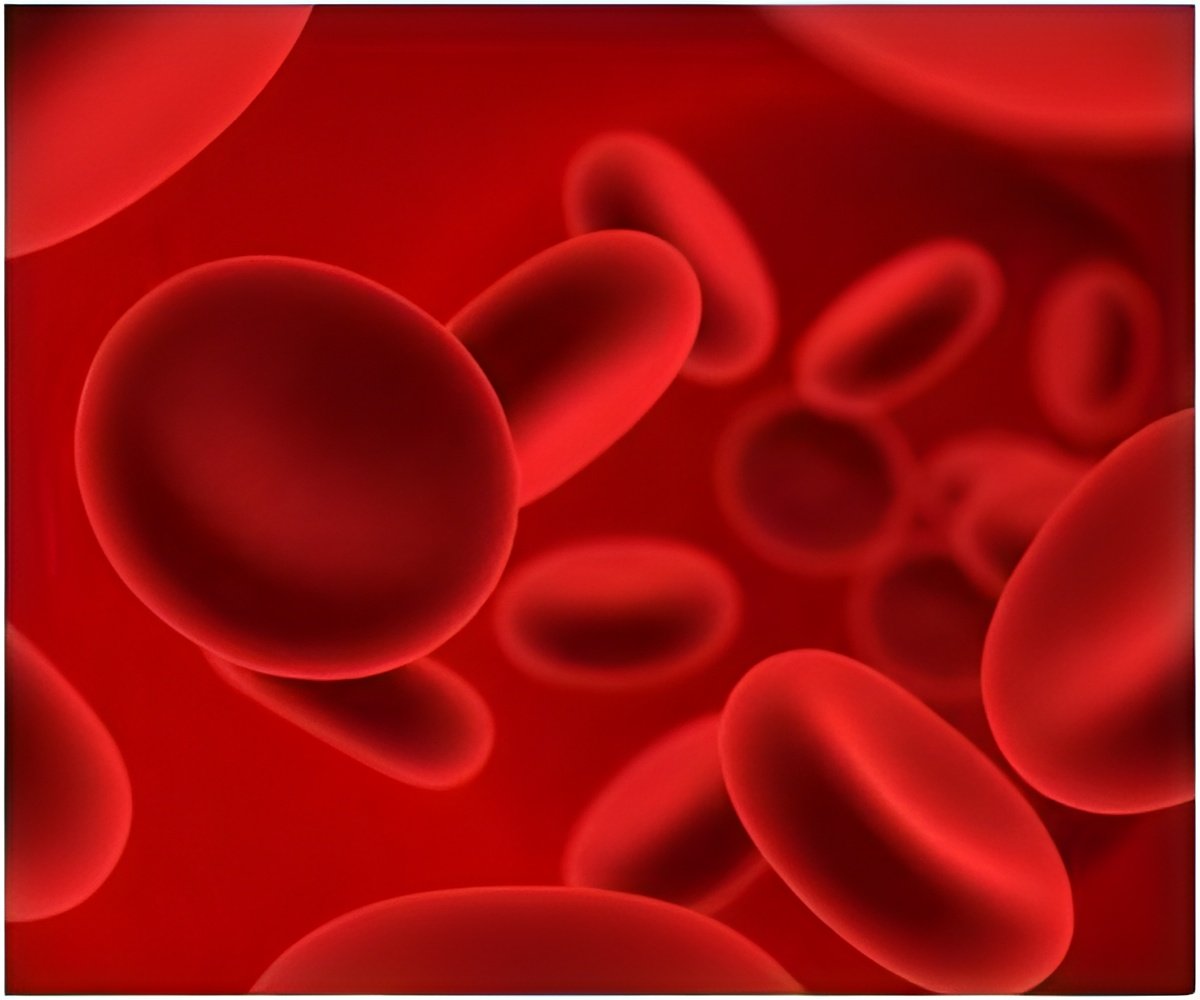A blood test was accurate in the screening of infection with an agent that was responsible for Creutzfeldt-Jakob disease (vCJD), a fatal neurological disease

Background: vCJD is a fatal degenerative brain disorder thought to be caused by a misfolded protein (prion) in the brain and contracted most commonly through eating infected beef. Up to 3 million cattle in the United Kingdom may have been infected with BSE (bovine spongiform encephalopathy), and establishing accurate prevalence estimates through screening for vCJD infection would guide public health initiatives.
How the Study Was Conducted: The researchers previously developed a test to detect low levels of prion protein in the blood. In this study, they used the test on samples from national blood collection and prion disease centers in the U.S. and the U.K. to see if it was accurate enough to screen large numbers of people. Samples represented U.S. blood donors (n=5,000), healthy U.K. donors (n=200), patients with nonprion neurodegenerative disease (n=352), patients in whom a prion disease diagnosis was likely (n=105) and patients with confirmed vCJD (n=10).
Results: The test was perfectly specific, meaning it was always negative in negative American donor samples and healthy U.K. patient samples. No samples tested positive from patients with nonprion neurodegenerative disorders. The test found 71.4 percent of patients with vCJD correctly tested positive.
Conclusion: The prion assay (test) in this study is accurate enough to screen populations at risk for vCJD. "Most importantly, the prototype vCJD assay [test] has sufficient performance to justify now screening a large U.K. population sample and at-risk groups to produce an initial estimate of the level of prionemia [prions in the blood] in the U.K. blood donor population. … A blood prevalence study would provide essential information for policy makers for deciding if routine vCJD screening is needed for blood, tissue, and organ donations and patients prior to high-risk surgical procedures."
Source-Eurekalert













